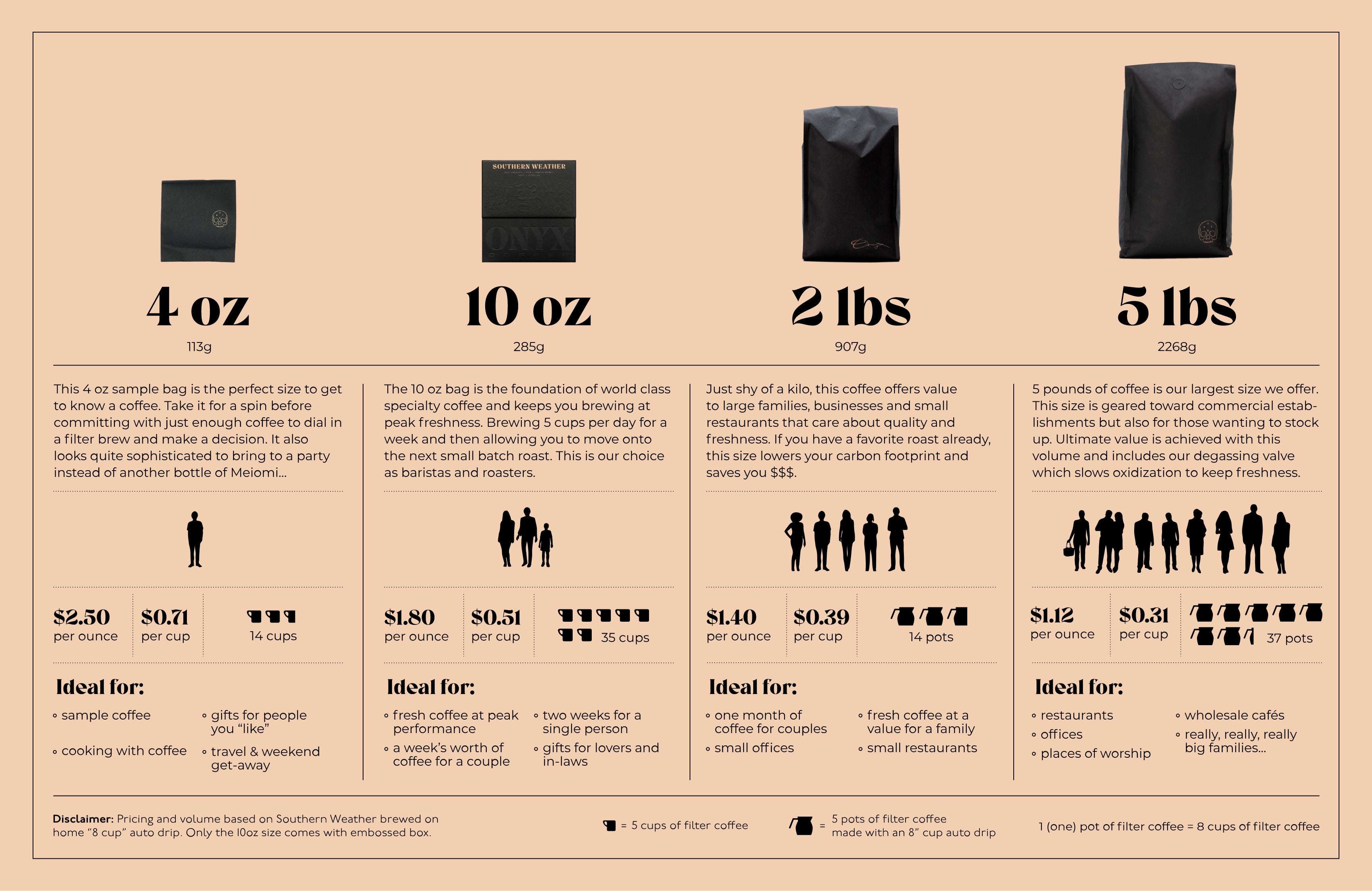Story
METAD
This coffee comes from our dear friends at METAD in Addis Ababa, Ethiopia. Aman and Tariku, who are brothers, run what is widely considered the best Ethiopian coffee sourcing in the world. They also own and farm the famed Hambela estate coffee farm, from which we purchase many micro-lots. This lot from Gedeb in Yirgacheffe is from one of the washing stations they own, which has really developed over the years to become one of the highest quality cups in the country. We’ve purchased this exact lot for the last three years and have worked with METAD for six. They are one of our best partners, and every year our staff and customers highly anticipate what the new season of their coffees has to offer. Overall, METAD is a big part of what we do at Onyx, and over 50% of all our coffees from Ethiopia are either farmed or sourced through them. This year is an exciting new step for them, as they’ve built a state-of-the-art dry milling facility just outside Addis Ababa. They’ve strategically built this on a thoroughfare that can take the milled and stuffed containers of coffee straight to the port without getting too caught up in the traffic around the city. This mill has been custom built to process microlots, as well as the FCL (full container load) lots that they export around the world. This year we were able to be some of the first buyers to cup at the new lab, and all the coffees we purchased through METAD this year were processed through the new mill.
METAD, HAMBELA, & THE ADINEWS by Jon
I met Michael at an SCAA event back in 2013. He was probably the friendliest person I have ever met. We discussed his coffee farm, and I happened to be headed to Ethiopia at the beginning of the year, so a plan was made to visit. That visit turned out to be an incredibly fruitful trip (pun intended) as we contracted more coffee from a single farm than we ever had at the time. Five years later, we are in a full swing partnership and are so proud to represent the hard work, history, and quality the Adinews bring to specialty coffee. Michael now lives in the Bay area while his other two brothers reside in Addis Ababa. They have gone on to build a school in Hambela, supporting more than 400 students, and they supplement the salaries of the teachers.
We are very proud to say that this is the second year that we are importing our coffees directly from METAD… It was a stressful process for us, complete with new terms and learning. The Adinews continue to be crucial in helping us understand the process and be successful. We hope this marks a new beginning for us having more of a hand in the transport of our coffees from origin to our roastery.
PUBLIC LABEL
Private Label is seen as pejorative, yet in definition it’s a collaboration between Roaster & Colleague. Defying this norm, we’ve created Public Label as a celebration of this partnership. A public arm in arm product uniting two brands in financial friendship. This creates a beautiful opportunity for us to learn from our partners and for our partners to share in beautiful coffees.



